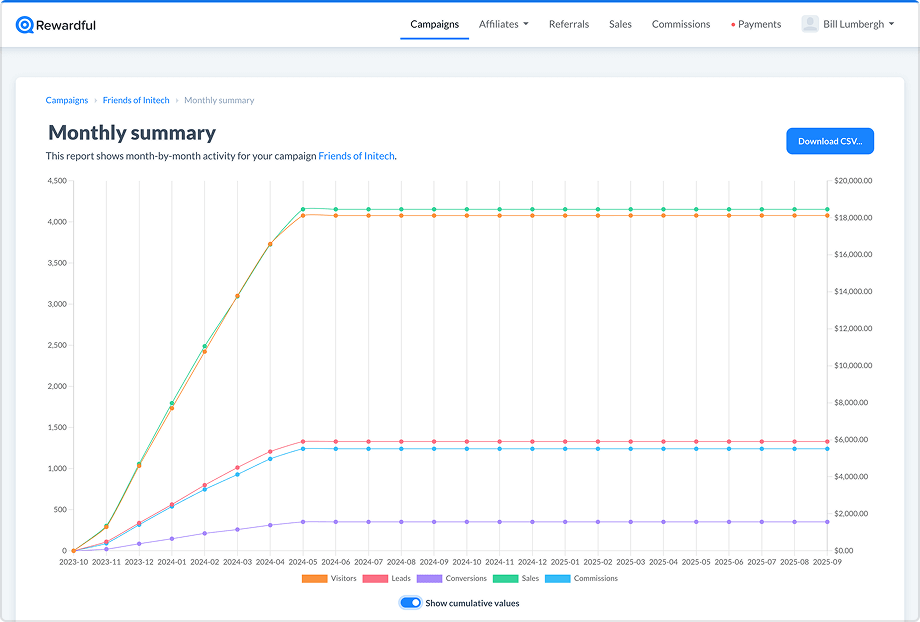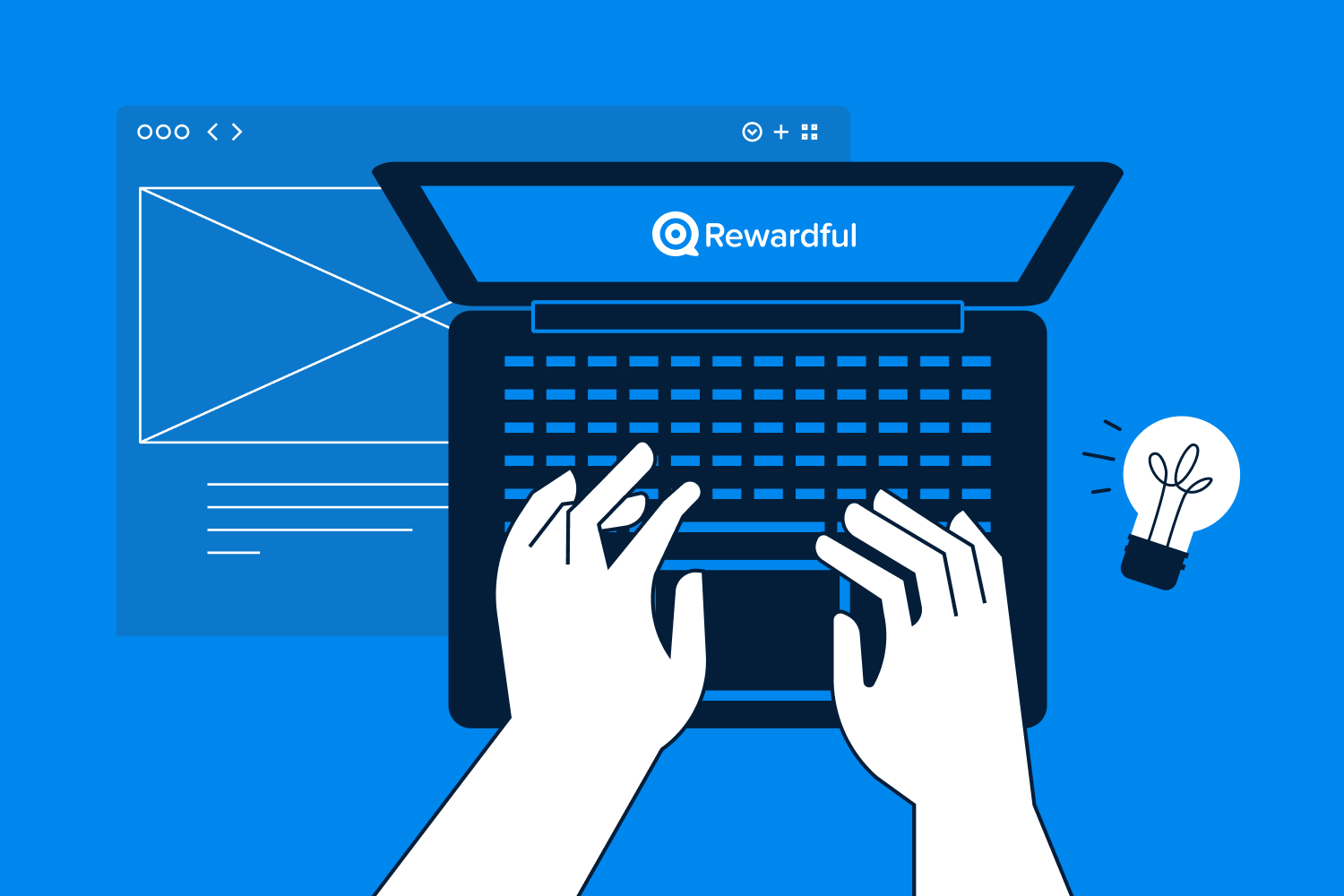Are you a wellness brand owner or a marketer in the wellness industry? You're likely feeling overwhelmed by the sheer number of wellness marketing tactics and tools available in the market, yet nothing seems to work with your audience.
While online marketing for wellness businesses has become increasingly important, it's crucial to approach it with the right strategy and tools.
We’re here to tell you why and what to do instead.
What Makes Wellness Marketing Special
The well-being industry is so deeply rooted in personal well-being and transformation. That’s why this industry (maybe more than any other) thrives on marketing approaches that reflect its core values: authenticity, personalization, and genuine human connection.
After all, wellness is more than just a product; it's a lifestyle, a belief system, and, most importantly, a personal journey for your customers. And it’s often easier to ‘’achieve’’ wellness when you have people around you who do the same—which is a key factor that many wellness marketing managers often ignore.
Sure, digital marketing is powerful, but there’s a whole array of underutilized marketing tools for wellness businesses that can add depth and human factors to your digital efforts—helping your brand connect on a more meaningful level with your audience.
For this article, we have handpicked a selection of the best marketing tools and tactics for wellness businesses that take a step outside the standard playbook. These strategies are designed to help you nurture your brand in a way that’s sustainable, sincere, and true to the spirit of wellness, which, in turn, will help you grow your business organically.
1. Affiliate Marketing for Wellness Brands
Affiliate marketing isn't just another channel to push products; it's a way to extend your wellness philosophy through voices that people already trust and listen to.
Having a network of passionate advocates, such as yoga instructors and nutrition bloggers, sharing how your products or services have made a difference in their lives is a great way to grow your reach. This isn't just marketing; it's community-building on a grand scale. And since they are your affiliates, they get special benefits as well (e.g., commissions or free products), which is an even bigger win.
By collaborating with well-aligned influencers and content creators, you have a trusted voice advocating for you, tapping directly into engaged audiences. And with the right affiliate marketing tools, you can start monetizing your fans – and paying them back at the same time.
Here’s what you need to get started:
- Choose an affiliate management software that simplifies tracking and payments, such as Rewardful.
- Identify potential affiliate partners who embody your brand's values and connect with your target audience.
- Create clear, appealing affiliate program guidelines that outline the benefits and expectations for both parties.
Learn more about building a successful B2B affiliate marketing program in this guide.
2. Tell Stories on Content Marketing Platforms
Taking advantage of platforms like Medium or BuzzFeed for interactive content allows you to weave your wellness narratives into the daily fabric of potential customers' lives. Rather than pushing campaigns that look like campaigns, you can tell stories that resonate, educate, and inspire actions.
For example, you share a transformational wellness journey on a BuzzFeed quiz that helps readers identify their wellness needs. This promotional tactic allows you to engage with your audience on a level that feels enriching, not intrusive.
Here’s what you need to get started:
- Identify the topics that resonate most with your audience and align with your brand’s mission.
- Develop a content calendar that outlines what stories you want to tell and where.
- Invest in quality content creation, such as writing a blog, shooting a tutorial video, or creating an interactive quiz.
3. Start a Podcast for Your Wellness Brand
What screams wellness more than podcasts? You may have noticed people saying, ‘I heard this thing on a podcast’ more and more, and you’re right: Spotify saw a 44% year-over-year growth in wellness playlist streams. If your wellness brand hasn't tapped into that yet, it’s about time.
Podcasts offer an intimate way to talk about the nuances of wellness, from mental health discussions to the benefits of clean eating. They create a space where listeners can learn, feel supported, and be part of a community that values their well-being. And it often works better to talk about your products or services as part of a larger conversation rather than simply creating ads.
Here’s what you need to get started:
- A clear concept that offers value to your listeners, whether it’s expert interviews, tips, or personal stories.
- Use basic recording equipment and editing software to ensure your podcast is of high quality.
- A distribution plan for getting your podcast on platforms where your audience already spends their time, like Spotify or Apple Podcasts.
4. Bring People Together on Community-Building Platforms
A big part of wellness is community. Connecting with others (thanks to tools such as Movement, a no-code and all-in-one platform for creators) makes people feel great, and brands can work with that while staying authentic. Creating a dedicated space for people who use and love your brand to connect, share, and learn not only deepens their relationship with your brand but also with each other. It transforms customers into a supportive community united by shared wellness goals.
Here’s what you need to get started:
- A vision for your community's purpose and the types of conversations and activities that will take place.
- A dedicated person or team to manage the community. They will make sure the online space remains a positive and supportive environment.
5. Use Reporting and Analytics Tools to Fine-Tune Your Marketing
Your brand probably has more data than you can handle. But don't just set it aside for that reason. The right analytics tools can transform how well your wellness business understands its customers and allow you to optimize your marketing efforts.
A nifty tool like DashThis, for instance, helps you turn data from various marketing channels into actionable insights. This includes affiliate platforms (e.g., Rewardful), social media insights, and web analytics (e.g., Google Analytics). Having a clear view of your brand’s key metrics will help you make the right decisions to propel your wellness business forward.
Here’s what you need to get started:
- Link your marketing platforms with a comprehensive analytics tool to centralize data collection.
- Customize your analytics dashboard to monitor the KPIs that matter most to your wellness brand.
- Utilize the insights gathered to refine and adjust your marketing strategies for maximum impact.
Related: Discover which affiliate metrics you should focus on to improve your affiliate sales, retention rates, and more in this blog.
6. Maximizing Your Online Visibility with SEO Tools
A wellness brand needs to be easy to find, understand, and trust. By utilizing SEO tools, such as Seobility, you can gain valuable insights and create a roadmap to ensure your wellness guides, podcast episodes, and community discussions are easily discoverable by your target audience.
These tools identify and address your SEO shortcomings, which will help you focus on creating better content (rather than scrambling for ways to get your rankings up.)
Here’s what you need to get started:
- Choose an SEO tool that matches your current SEO practices and future goals.
- Conduct a comprehensive SEO audit to pinpoint areas for enhancement.
- Implement recommended changes to optimize content visibility and website performance.
- Monitor ongoing SEO metrics to refine your online presence continuously.
7. Build Trust and Connection with Review Management Tools
Wellness is a journey, not a destination. Building strong relationships with customers is key to success in this industry.
Platforms like Gominga empower brands by streamlining customer review management across various channels. This enables prompt and constructive engagement with feedback, demonstrating a commitment to customer satisfaction and fostering overall brand credibility.
Here’s what you need to get started:
- Centralize review management to respond promptly and effectively to customer feedback.
- Develop a comprehensive strategy for engaging with both positive and negative reviews, transforming every piece of feedback into an opportunity for growth.
- Highlight standout testimonials in your marketing materials to underscore the real-world value and impact of your wellness solutions.
8. Put User-Generated Content Campaigns in the Spotlight on Social Media
User-generated content (UGC) campaigns can transform satisfied customers into brand ambassadors. Sharing their content across your platforms amplifies positive, real-world experiences associated with your brand.
Encouraging your audience to share their own wellness stories or experiences with your products will further build a sense of community and trust.
Here’s what you need to get started:
- Create a hashtag or campaign encouraging users to share their stories or photos.
- Offer incentives for sharing content, such as special discounts or getting featured on your platforms.
- Showcase the best UGC across your social media, website, and other marketing channels.
- Always seek permission before sharing user content.
- Engage with users who contribute, fostering a two-way relationship.
How to Amplify Your Wellness Marketing Strategy with Affiliate Marketing
By now, you may have noticed a common theme in all these recommendations: people.
When selecting elements for your marketing toolkit, remember there's one component with the potential to amplify all the rest – often with minimal effort.
With affiliate marketing as your catalyst, you can double down on the human element in each of these marketing tools while also monetizing them. Here are some examples of what that might look like.
Top tip: Join our affiliate marketing course for expert insights on building a thriving affiliate marketing empire tailored to your wellness business.
Incorporating Affiliate Links into Content
When publishing articles or blogs on platforms like Medium, embedding affiliate links can seamlessly blend product recommendations with valuable content. It’s a win-win: you provide useful information while guiding readers toward products you believe in.
Podcasting with Affiliate Integration
Podcasts offer a personal path to connect with your audience. By mentioning or listing relevant affiliate products within your episodes or show notes, you can introduce listeners to valuable options while enhancing your credibility.
Leveraging Affiliate Offers in Community Platforms
Use your online community spaces to share exclusive affiliate offers or product recommendations. This enriches your community's experience and opens up a new revenue stream that supports the growth and sustainability of the community itself.
Set up Your Wellness Brand’s Affiliate Program in Minutes with Rewardful
Ready to weave wellness and growth together? Start your affiliate program with Rewardful and nurture your community's well-being while expanding your reach.













